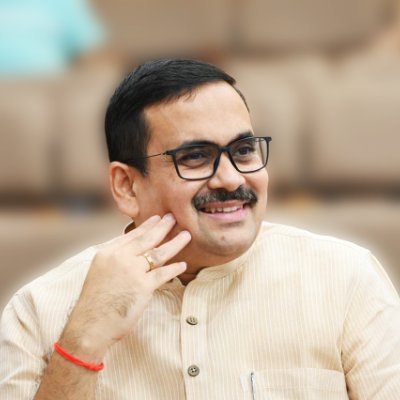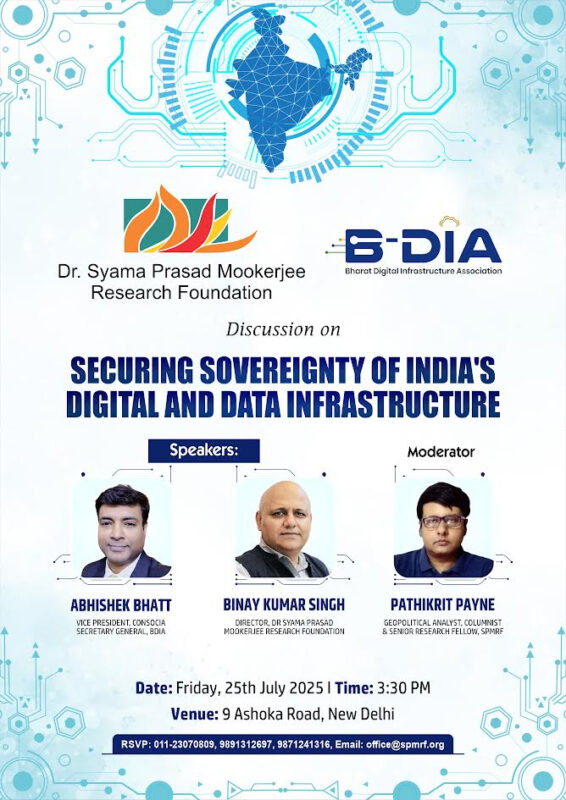J&K administration has undergone a transformational shift with an Indianised approach, which successfully denounces the trends dictated by ‘spokespersons of Pakistan’
Like he has always done in the past, and done for decades, Farooq Abdullah acted as Pakistan’s spokesperson and not as an Indian leader during Union Home Minister Amit Shah’s just concluded visit to Jammu and Kashmir. Abdullah ‘advised’ Shah to speak to Pakistan; Shah publicly responded to Abdullah’s advice that he will speak to the people and the youth of the Valley and not to Pakistan.
Abdullah and his type of Valley politicians have genuflected before Pakistan and have always displayed a salivating keenness to speak to its rulers. They have pushed their politics by peddling fear, conflict and by exacerbating faultlines but have rarely ever engaged with the people of Jammu and Kashmir and with the rest of India. It is perhaps for the first time that the octogenarian Abdullah received such a response. Increasingly marginalised, with a growing sense of irrelevance and an inability to evolve a new political narrative is pushing the National Conference leadership to take positions that will, it hopes, keep it in the news for a while.
It unsettles them to see Amit Shah, as the Union Home Minister, say that he wishes to speak to the people and youth of the Valley. Shah’s insistence that the bullet proof glass be removed from his podium must have been equally unnerving to a section of the political class in the Valley, to the overall class of ‘Kashmir under occupation’ narrative peddlers and to those who have pushed the agenda of Kashmir in flames minus Article 370 and 35A. Shah has never indulged in tokenism; the removal of the bullet proof glass was indicative of the mood of the Modi government and on how it looks at the present and future of the Valley’s security.
It is relevant and useful to recall the situation in the Valley in the heyday of Abdullah’s politics. That such was the ‘democracy’ once in the Valley needs to be recalled, because the contrast between that which is taking place today under the watch of the Narendra Modi dispensation in the Valley and the situation as it was in the peak of Abdullah’s power-wielding needs to be absorbed by the present generation. For understanding the contrast of then and now, it is always good to take recourse to Jagmohan’s opus. Jagmohan writes of the Valley on the day of the Lok Sabha polls in November 1989, “In a tantalising gesture, TV sets were placed near some of the polling booths with placards reading: ‘anyone who will cast his vote can take this as a gift.'” Near some other booths, recalled Jagmohan, “coffins were placed with a cryptic note: ‘anyone who will cast his vote will get this.'” Farooq’s administration did not even move a finger in trying to remove these symbols of fear and defiance. Several hometowns and assembly constituencies of Congressmen and National Conference leaders saw one to five votes cast. Such was the Valley under the National Conference and the Congress. The spiralling of the situation downward continued over the decades. The years between 2004 and 2014 were especially damaging when ethnic cleansing, targeted elimination, fear-mongering and politics of blackmail and ransom dominated.
Today, as Amit Shah pointed out, terrorism has gone down, stone-pelting has disappeared and while previous governments, in the last 70 years, had given the people of Jammu and Kashmir only 87 MLAs, six Members of Parliament and three families, in contrast, Prime Minister Modi ensured that real democracy in Jammu and Kashmir reaches the grassroots, leading to the election of 30,000 representatives in Panchayat elections. This, Shah argued, “has naturally got some people worried, to see power slip away from the grip of a few families and actually reach and devolve on the people.”
From visiting families of victims of terror strikes, to visiting border villages and interacting with villagers and even sharing with them his number so that they can connect with him in times of emergency – Shah’s pointing out how border districts and villagers had an equal right on resources as had capital cities indicated his seriousness on the effective implementation of the special border area development programme, which he launched last November. His inaugurating the new campus of IIT Jammu, his emphasis on wanting to turn Jammu and Kashmir into an educational hub, his open and no-holds barred address to the people of the Valley on how exploitation and fear has actually derailed and retarded their progress, his spending the night in Pulwama on the last day of his visit, his clear warning that the new trajectory in Jammu and Kashmir post August 5 cannot be stymied, has made this visit, the first since abrogation of Article 370, a milestone in the recent history of Jammu and Kashmir.
Shah asked the people of the Valley to ask their political leaders, who have formed governments in the past, on why they never spoke to them of the need for tap-water, hospitals, road connectivity, electricity, basic amenities that have eluded them for the last seven odd decades? Prime Minister Modi had articulated a roadmap for Jammu and Kashmir in his address on the new narrative for the region on August 8; Shah’s visit indicates that the march continues with greater commitment and momentum. That the Modi dispensation did not halt only at defanging Article 370, that it had a vision for the phase post it, that it had a credible roadmap, that it was determined to realise it, has become evident over the last two years.
Amit Shah’s visit reiterates that determination, it is also an assertion that the wheel on Jammu and Kashmir will not be turned back, that there shall be no back-pedalling and no submission to false narratives. Shah spoke, he implemented, and he messaged and gave a major fillip to the efforts being made to reverse mindsets, dissolve roadblocks, and decimate negativities on the way towards realising Prime Minister Modi’s vision for the region. It was also a calibrated, bold and unequivocal message to Pakistan’s spokespersons in India and globally that they will have to live, now onwards, with the disappointment of seeing India laying down her own rules on Jammu and Kashmir and on a number of other crucial national issues. It was a prerogative that they had denied India until Modi came.
(The writer is a member of National Executive Committee (NEC), BJP, and the Director of Dr Syama Prasad Mookerjee Research Foundation. Views expressed are personal.)
This article was published in Millenium Post on 27th October 2021
(The views expressed are the author's own and do not necessarily reflect the position of the organisation)



